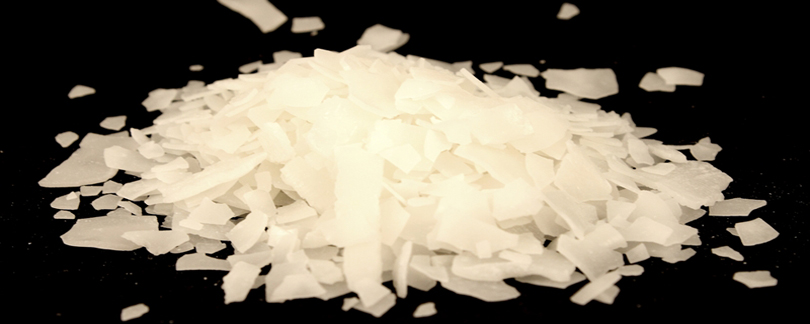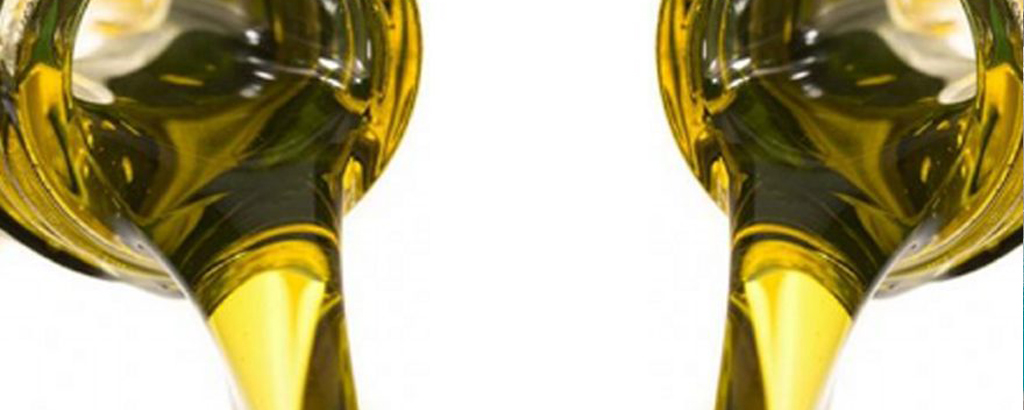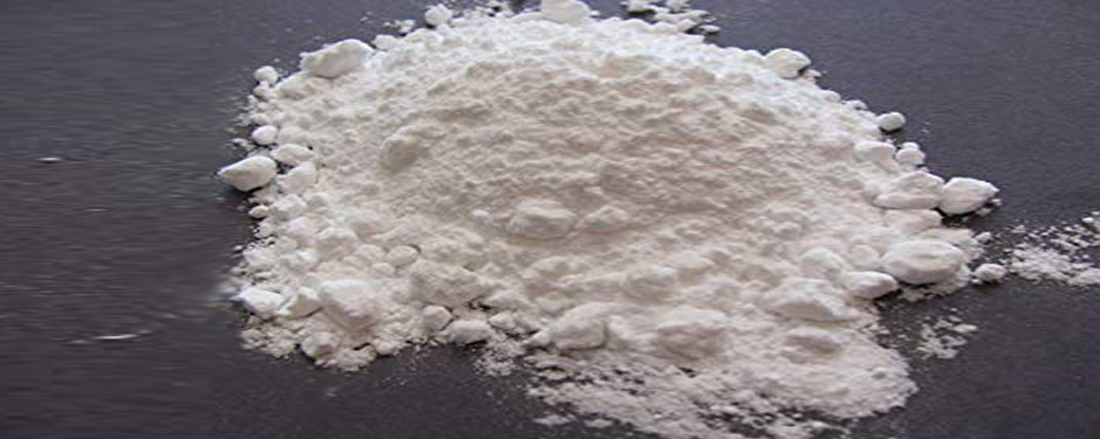SACCHARIN INSOLUBLE 99%
Insoluble saccharin is a white crystal that melts at 228.8° to 229.7° C (443.8° to 445.5° F). Sodium and calcium saccharins are white crystalline powders that are very soluble in water. Saccharin is widely used in the diets of diabetics and others who must avoid sugar intake.
Saccharin is one of the most affordable low-calorie sweeteners available. It's popular as a zero-calorie substitute for sugar in cooking. It's also used as a sweetener in low-calorie processed foods such as fruit juices, candies, jams, jellies, and cookies. Saccharin is sold in a variety of brand names.
Highly stable, good shelf-life, tooth-friendly and suitable for people with diabetes. Very synergistic with other low-calorie sweeteners. Main applications are pharmaceutical products, table-top sweeteners, mouthwash and technical.
Saccharin can be used similarly to table sugar to sprinkle onto food, such as cereal or fruit, or used as a sugar substitute in coffee or when baking. Saccharin is a zero-calorie artificial sweetener. It's 300–400 times sweeter than sugar and commonly used to replace it.









